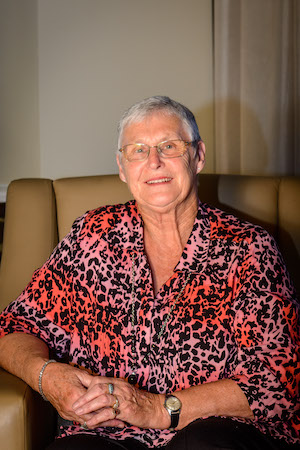
Today is World Smokefree Day. If you are just about to light up, how about not? Take the first step to improving your own health and that of your family.
Tobacco use and breathing in second-hand smoke causes about 5,000 deaths every year through cancer, stroke and heart disease in New Zealand – making it the leading cause of preventable death and disease.
Smoking less does not decrease your risk, nor are you less likely to develop complications if you are consider yourself a ‘social smoker.’ You need to stop smoking completely. Ironically, people who are ‘cutting back’ on the smokes draw harder on the cigarette and breathe in even more of the harmful chemicals.
In case you need a reminder of the statistics, here they are:
- Up to two-thirds of people who smoke today and continue smoking will eventually be killed by tobacco
- Smokers die on average 10 to 15 years earlier than non-smokers.
- Smoking causes one in four cancer deaths in New Zealand.
- There are five times the number of deaths from tobacco use each year, than from drowning, suicide and motor vehicle accidents combined.
- Smoking is a major cause of blindness, with about 1,300 people in New Zealand having untreatable blindness due to current and past smoking.
- 40% of all strokes in people aged under 65 years are caused by smoking.
- 40% of heart disease in those under 65 is caused by smoking.
- Smokers have 2-3 times the risk of having a sudden cardiac death (when the heart suddenly stops beating) than non-smokers.
Nicotine is the chemical in tobacco that is addictive. It is as addictive as drugs like heroin or cocaine. It goes to the brain very quickly, where it increases chemicals that affects your mood, appetite and memory. Nicotine raises your heart rate and blood pressure, slows circulation and causes rapid, shallow breathing.
Nicotine also activates areas of the brain that are involved in producing feelings of pleasure and reward. It is a very hard drug to give up, but is is possible to give up and it does improve your health and life expectancy to do so.
Ex-smoker Pauline Mohi, from Christchurch, used to smoke up to 40 cigarettes a day. 25 years ago while working as a nurse aid, she made a strong and determined decision to quit.
“You’re worth it (giving up smoking),” Pauline says, “You’ve got to believe that you’re worth being healthier and this is your life, and you want the best for yourself.”
She suggests focusing on why and for whom you are making the effort to give up.
“Even though your family want it for you, it’s not until you want it for yourself that will make you do it,” she says. Her advice is that once you make the decision to give up, go at it with a wholehearted approach. “I had a few attempts before and they were half hearted. That was a shocker,” says Pauline.
“To increase your chances of being successful, you’ve got to give it your all. No excuses. People use a lot of excuses in order not to give a second thought about giving up. When talking about damage done to the lungs, some people may say “Oh well the damage has been done, it’s not worth giving up.” Pauline says, “That’s ridiculous, it’s just another excuse to keep going.”
Be mindful of whether you’re taking small steps towards action, or just making another excuse. “A major part of quitting is changing your habits. Identify what you associate with smoking and avoid it.
If you need to, replace smoking with healthier options. “Some people start chewing gum. I drank lots of water, and chewed on sunflower seeds,” says Pauline. “I also stayed away from people who smoked, which was difficult at first.”
Focus on what you are gaining, rather than what you are losing. “Food tasted better,” she says. “You don’t realise how much your sense of taste has been dulled. And just the fact that you feel cleaner.”
For Pauline, there was also the huge benefit of not smelling like smoke. “You don’t realise the ghastly smell that’s in everything, your clothes, curtains, everything. You’re immune to all those smells, and you don’t realise what other people are putting up with.” Pauline explains it’s quite shocking once you stop smoking and become hypersensitive to the smell.
25 years ago, a packet of cigarettes was still expensive, but the cost today is prohibitive. “Looking back at what I could have got for my kids if I hadn’t been smoking, that’s where I have a lot of guilt,” she says.
It’s never too late to start making a positive change. Having a positive attitude is beneficial for everyone, and as a non-smoker, Pauline wakes up every morning with positive thoughts. “How lucky I am, thank goodness I don’t smoke anymore. I get up and don’t smell like cigarette smoke and don’t need one or want one. I’m so grateful.”
As Pauline’s last piece of advice she quotes well-known proverb, “Nothing succeeds like success.” She explains the more you do it, the better you feel and this gets you closer towards your goal.
Pauline was a recipient of the national COPD Achievers Award 2016, presented by the Asthma and Respiratory Foundation NZ.









Join the Discussion
Type out your comment here:
You must be logged in to post a comment.